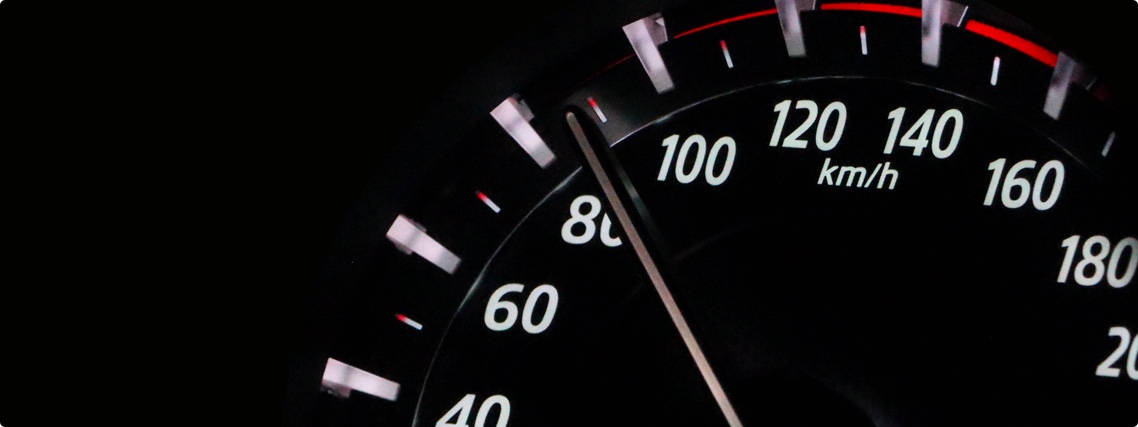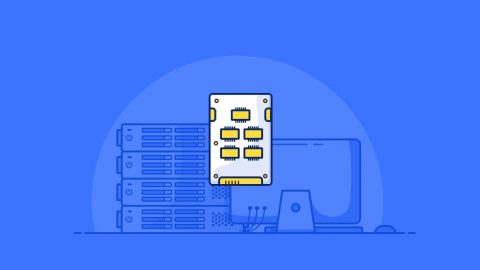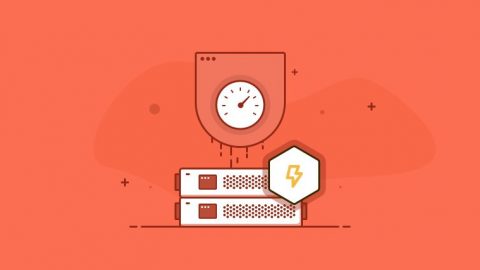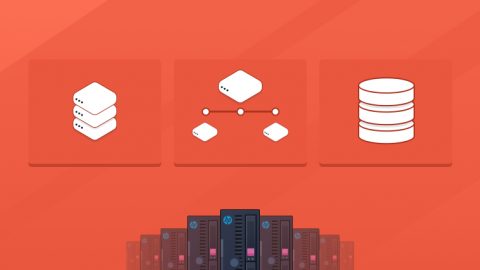Websites can run fast (or slow) for many reasons.
In fact, while it’s true that a single problem can significantly slow the site down, it’s also true that you need to get a range of different factors just right if you want to optimise your server’s performance.
To be fast, a site has to be well-coded.
It also helps if it’s cached and if it doesn’t use too many images or videos.
On top of that, pages load at different speeds in different parts of the world.
There are a lot of variables!
But the underlying constant is a fast server, because even with great coding, caching, and lean page content, a slow server is still a slow server.
And a slow server will translate into a slow site. It’s as simple as that.
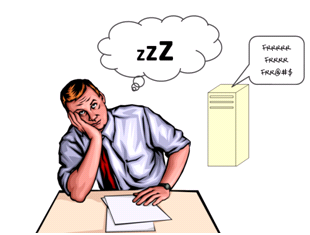
What makes servers slow, you ask?
Well that’s a good question.
The three main reasons servers are slow:
- Too many users
- Underpowered hardware
- A combination of the above
Unfortunately, these three problems can all be caused when hosts insist on putting profits first at the expense of performance and customer satisfaction.
Your slow site is their extra income, and if you’re using a big, multinational hosting company then the chances are that you’re nothing more to them than a number on a spreadsheet.
Ask a potential host:
- What hardware are you using?
- How many users share the server?
And if they won’t answer, run away fast. It’s better to be safe than sorry!
Don’t believe me?
Leave a comment below to ask about our server setup and we’ll be happy to share some facts and stats.
We love getting geeky about software and hardware!
